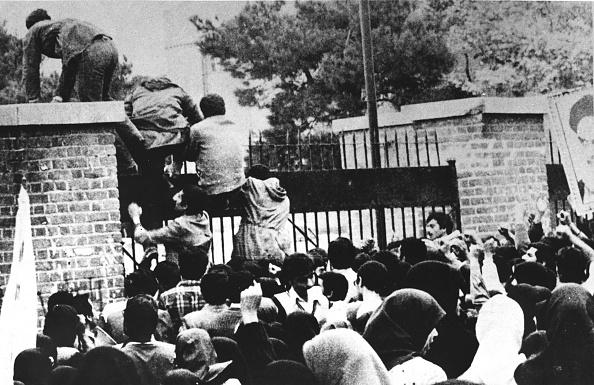TV-MA | 4 episodes | Documentary | Sept. 28, 2022
Jacques Mallet du Pan famously wrote of the French Revolution, “like Saturn, the Revolution devours its children.” That is equally true of Iran’s 1979 Revolution. Few Iranians wanted to be ruled by a theocratic regime, but the Ayatollah Ruhollah Khomeini shrewdly exploited the international crisis to shape the new government and install himself as its supreme leader.





